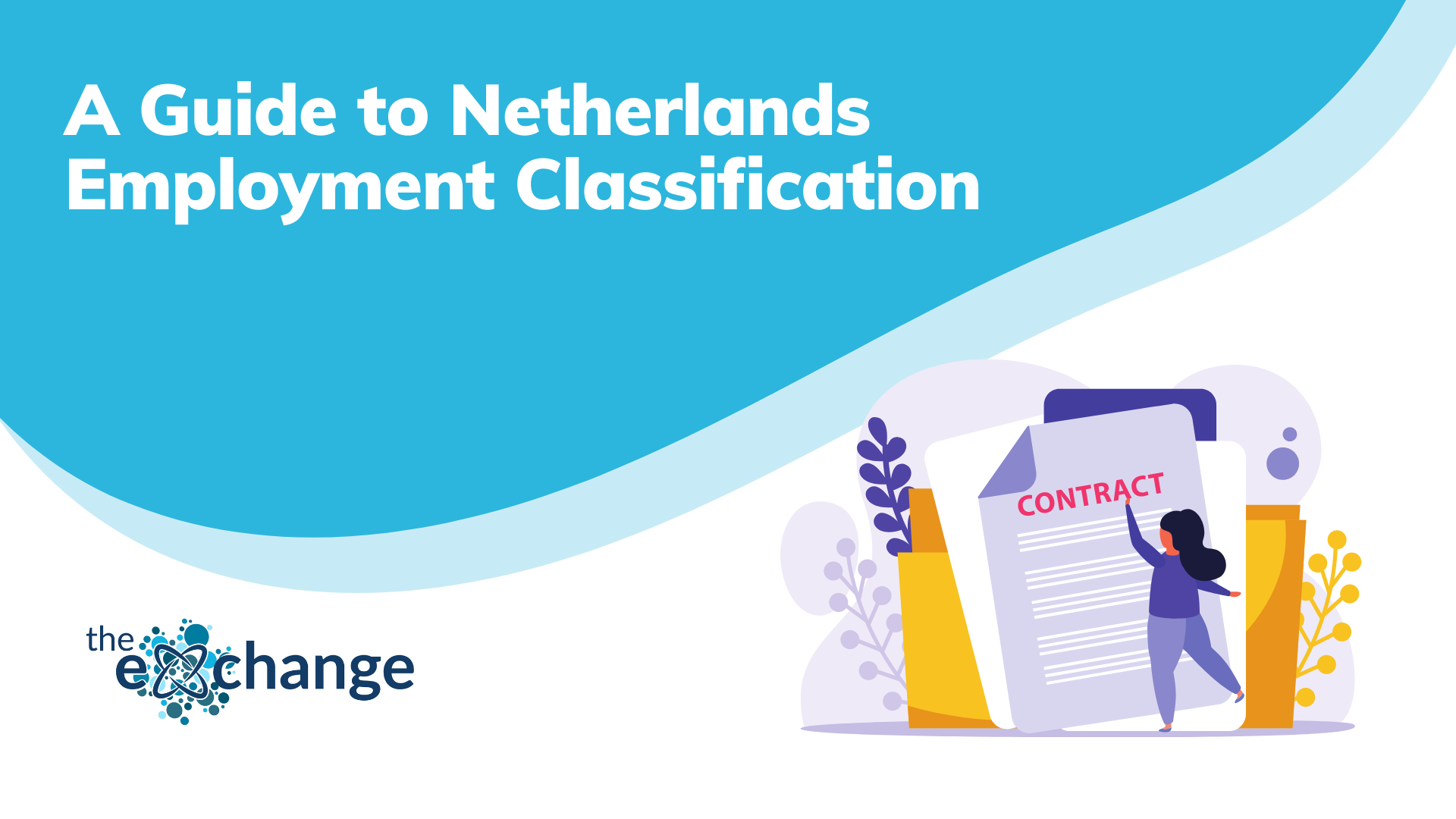
In the Netherlands, there are three types of contracts pertaining to work. These are:
Workers are classified based on the contract that is in place.
An employment agreement is defined as the following in Dutch law:
“Parties have entered into an employment agreement (relationship) when one party, an employee, commits himself to perform labor in the service of the other party, the employer, against remuneration during a certain period of time.”
There are three criteria that must be met for an employment agreement to be in place. These are:
If work of at least 20 hours per month is performed for renumeration for three consecutive months, then there is a legal presumption that an employment agreement is in place.
A contract of work is where an independent contractor agrees to produce work of a tangible nature for a sum of money which will be paid by the other party. There is no relationship of authority and the contractor does not need to perform the work personally.
Contracts for services also involve an independent contractor. The activities performed will be anything that is not the creation of work of a material nature, the retention of property, publishing works or the transportation of people or property.
When determining whether a contract is an employment agreement or a contract for services, it is necessary to review the following (non-exhaustive) circumstances:
To find out more about employment classifications, contact us for help and advice.